Cambridge University develops 'Decoder', a game that increases concentration ability just like medication just by playing

Researchers at the University of Cambridge developed game applications named " Decoder " with game developers. People who continued to play Decoder for one month increased their attention and concentration ability and showed the same level of cognitive performance as at the time of medication such as stimulants.
Frontiers | Improvements in Attention Following Cognitive Training With the Novel "Decoder" Game on an iPad | Frontiers in Behavioral Neuroscience
https://www.frontiersin.org/articles/10.3389/fnbeh.2019.00002/full
Cambridge University releases a brain-training app that improves concentration akin to Ritalin - ABC News (Australian Broadcasting Corporation)
https://www.abc.net.au/news/2019-01-22/cambridge-uni-develops-app-with-ritalin-like-effects/10737268
In neuropsychiatric disorders such as ADHD and schizophrenia and traumatic brain injury (TBI), stimulants such as methylphenidate (Ritalin) and nicotine are used to compensate for impaired attention. The attention decreases not only in the symptoms of the disease but also in a healthy person, the attention may become distracted due to environmental factors such as stress and fatigue, so as to increase attention and keep it in a high state Research on methods is under way.
Meanwhile, research teams such as Dr. Barbara J. Sakhakian of Cambridge University are developing a game application "Decoder" that enhances concentration by playing. You can check what kind of game the Decoder developed on the assumption of playing on the iPad is in the following movie.
Decoder Trailer - YouTube
Decoder is a game where players become an intelligence agent and work with the aim of destroying criminal organizations around the world.
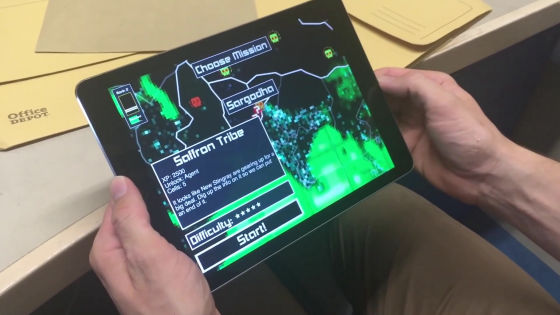
In the game, numeric puzzles that hinder the achievement of purpose are frequently appearing.
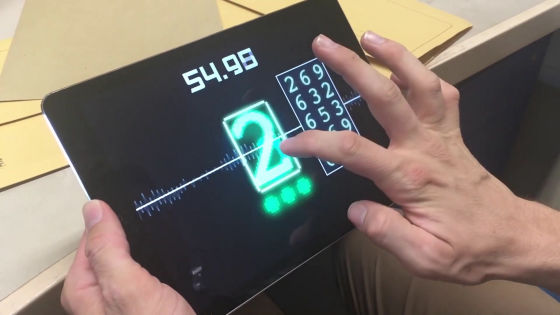
Maximum 3 missions are given. The difficulty level of the mission fluctuates in real time according to the user's performance. Every time you clear the mission you can decipher part of the cipher.
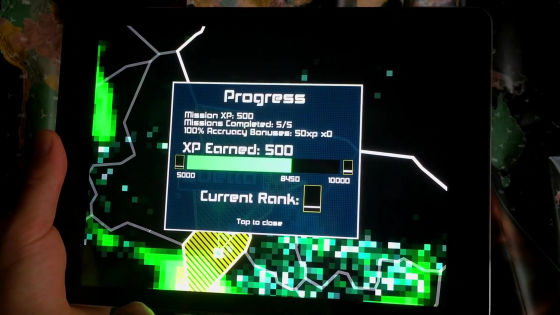
Players can select criminal organizations that will be demolition targets.
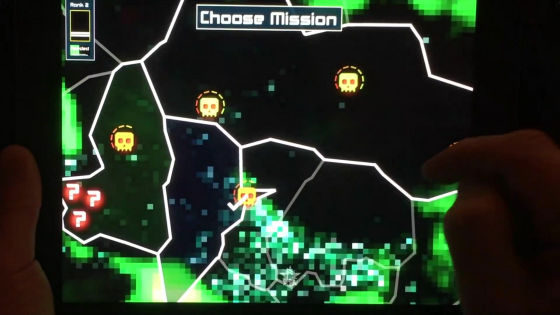
Although it is for research use, the degree of completion as a game of Decoder seems to be quite high.
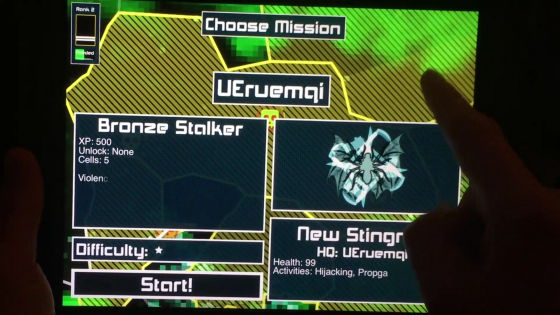
Dr. Sahakian research team collected 75 healthy adolescents as test subjects, one group to decoder and another group to traditional game to examine whether Decoder could increase concentration. I did not give any bingo to the remaining group. The group playing Decoder and Bingo said that 8 sessions were required to play a game for one hour in a month.
Four weeks later, all three members of the group were asked to evaluate the cognitive function of people with neurological diseases such as Alzheimer's disease, depression, schizophrenia, etc. "Cambridge Neuropsychological Test Automated Battery's CANTAB) "was carried out.
CANTAB said that it is required to touch the button as quickly as possible when a match with a certain condition is displayed for the number randomly displayed on the screen. You can check how to play CANTAB in the following movie.
CANTAB Rapid Visual Information Processing - YouTube
As a result of the three groups of CANTAB, the group who played the Decoder got a remarkable score of about "twice as much as the Bingo group" in the item "target sensitivity".
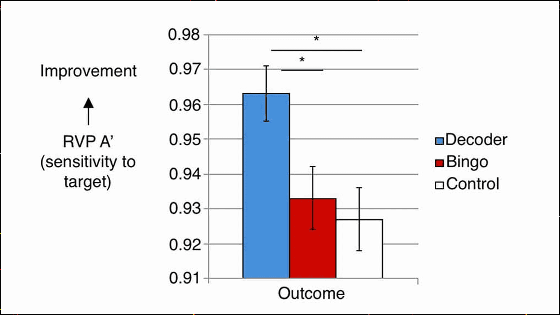
In addition to CANTAB, the Decoder group also recorded a good score in the test "Trail Making Test (TMT)" which connects 25 points as quickly as possible.
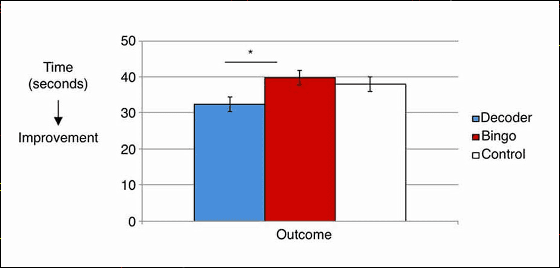
Also in the game test with an interval of playing time of 1 hour, the Decoder group maintained higher scores on the mental aspects such as "enjoyment" "motivation" "agility" "forward feeling" compared to the bingo group It is also known.
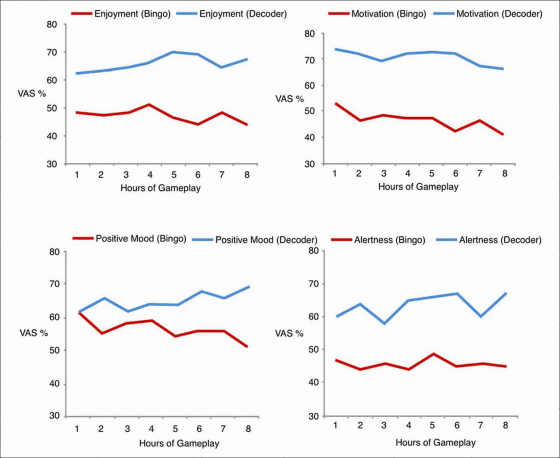
It is Decoder 's play which brought out superior effects in terms of concentration concentration, but not only that but also good results were seen even at the time when concentration was lasting. Based on the above results, Dr. Sahakian's research team concluded that "attention and concentration has been significantly improved by playing game Decoder for iPad developed for cognitive training" As a substitute for medication treatment done with diseases, we are also hoping for utilization of games without side effects.
However, Professor Niri Raby at the University of London stated that "the content of the test in CANTAB is too similar to the content of play in the Decoder application," and the group that played Decoder measures concentration and attention There seems to be some opinion that questioning the research results as having accustomed to the test may have resulted in a good result.
· Bonus: Dr. Sakhakian is also studying ways to recover the function of brain regions related to Alzheimer's disease and schizophrenia by means of games.
Brain Training - Barbara Sahakian - YouTube
According to the meta analysis, the effectiveness of cognitive training was confirmed as a result of comparing the effects of cognitive training for schizophrenic patients and rehabilitation in other forms. However, cognitive training costs money because it requires special support from experts. Therefore, as an effective training to replace cognitive training, Dr. Sahakian thinks "game" is promising. It seems that training with a month-long game not only strengthened the episode memory but also increased the amount of activity in daily life.
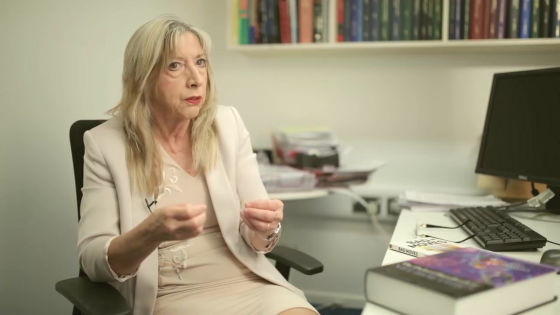
Dr. Sahakian believes that the effect of enhancing cognitive function through games can be used not only for sick people but also for healthy people. It is a cognitive function that declines as we get older, but we are going to continue researching on how to slow down the pace of decline in cognitive function by game training.
Related Posts:







